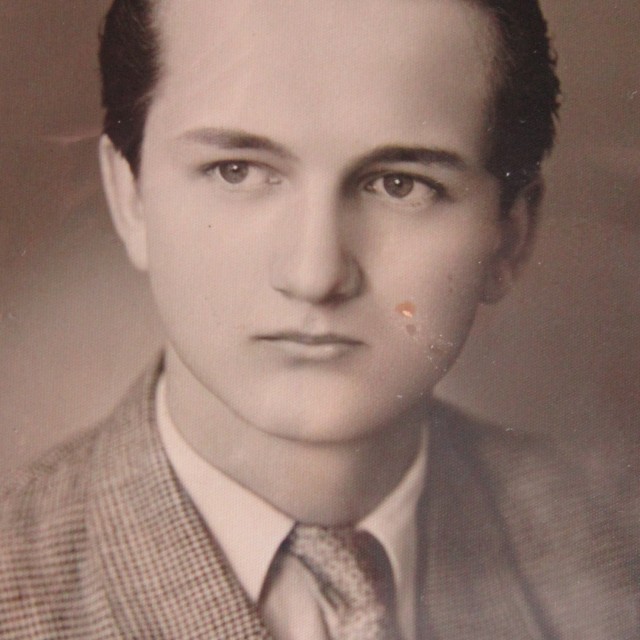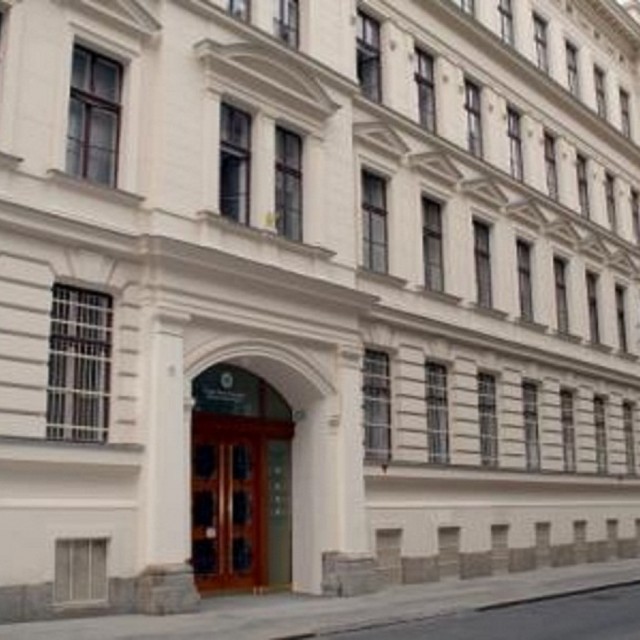They had their methods
In October 1953, Bohumil Robeš was imprisoned for his membership in the resistance organization SODAN and taken to the secret state police prison on Příčná Street in Brno. The prison cell was located in the basement, and Bohumil Robeš remembers how he could get a glimpse of at least a part of the outside world through the fencing on his window. “Coincidentally, I had been employed in Radost (Joy), which was a children's puppet theater. Through the windows, even though they were covered with wiring, I could see the kids walking home from school or to the theater. This was a sort of a relief for me, and it helped me very much to keep up my spirit. After some time, you harden up in your own way.” Bohumil Robeš was subjected a number of interrogations in prison. “I was in love with a student girl, but we hadn't even kissed. Once the STB interrogator started talking about my mother in a very rude way. He could see from my expression that this was very sensitive for me. Therefore he started to speak badly about that girl as well. He said that if I could only see what a bitch she was. I was emotionally very much attached to that girl, and this was very hard for me to take. I hardened up. I've never forgiven those men for talking badly about my mom and my girlfriend.” The humiliation wasn’t enough, and the interrogators still didn’t manage to get Bohumil Robeš to speak. Therefore they explored other methods to make him speak. “One of them would punch me with his fist in the forehead. But besides that, they didn’t use physical force on me. I was interrogated when I was asleep. I think they must have used some drugs on me. I know for sure that they asked me questions while I was asleep on my prison cell.” As Bohumil Robeš wouldn’t yield to the Communists, he had to spend thirteen and a half years in their prisons.”
Hodnocení
Hodnotilo 0 lidí
Routes
Not a part of any route.
Comments
No comments yet.






